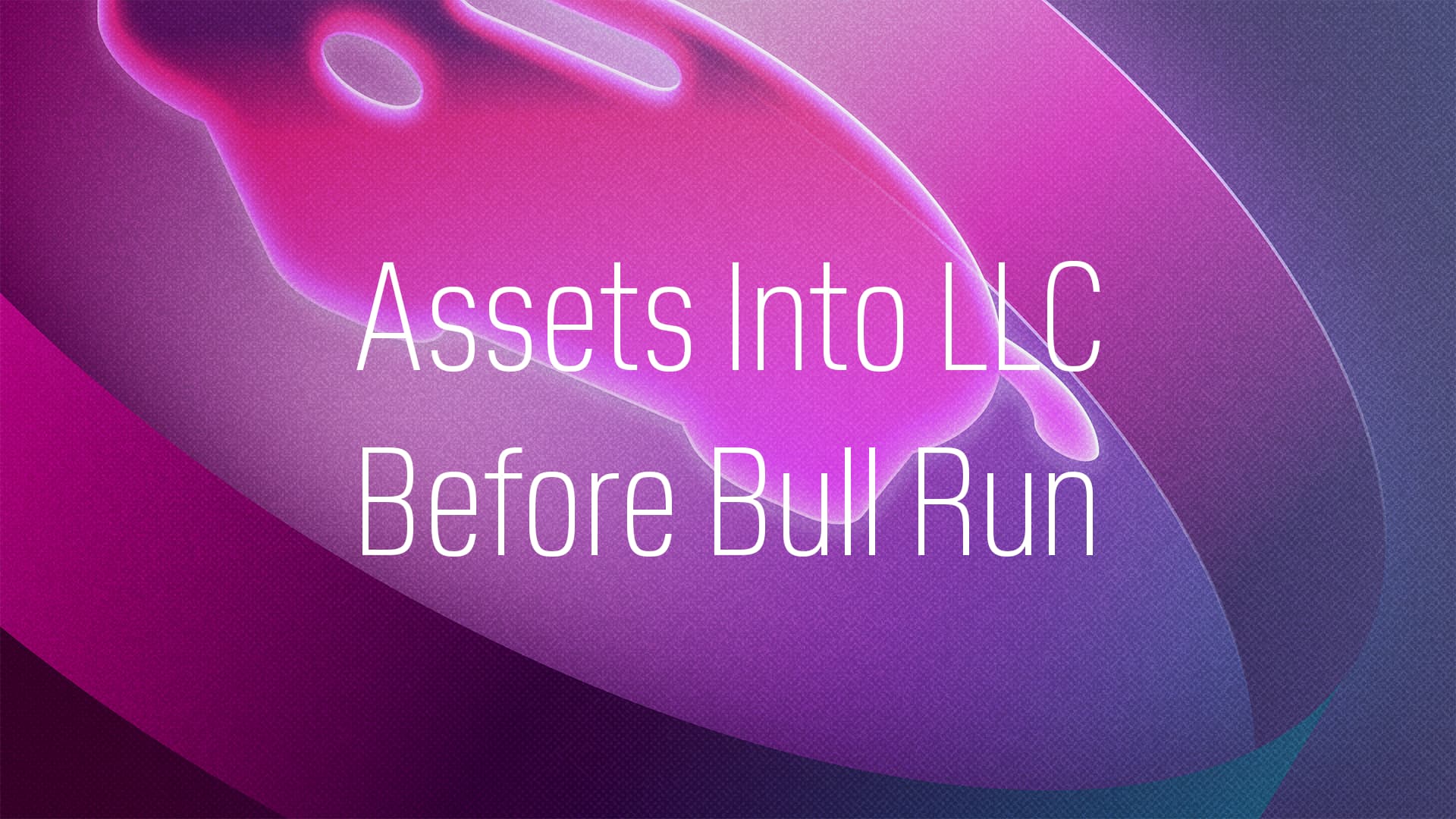Tax Implications of Holding Ripple Shares Over Time in USA

Understanding the tax implications of selling Ripple pre-IPO shares is crucial for investors aiming to maximise their returns. This post simplifies the tax landscape, covering long-term capital gains rates, QSBS exclusions, and the benefits of tax-advantaged accounts. Dive into how holding periods and your income level can influence your tax rate, and explore strategies to reduce your tax bill. Whether you're a seasoned investor or new to pre-IPO shares, this will provide essential insights to navigate the complexities of taxation and investment planning effectively.
Complex Explanation:
The tax treatment of capital gains from selling pre-IPO shares like those of Ripple is contingent on several factors including the duration the shares are held, the nature of the asset, and the individual's tax bracket.
Long-term Capital Gains Tax Rate:
Generally, in the US, holding any stock, including pre-IPO shares, for over a year categorizes the gains as long-term, which are typically taxed at a rate of 0%, 15%, or 20%, depending on the individual's taxable income. https://www.nerdwallet.com/article/taxes/taxes-on-stocks#:~:text=You%20may%20have%20to%20pay,If%20you
Qualified Small Business Stock (QSBS) Exclusion:
There's a provision for a Qualified Small Business Stock (QSBS) exclusion which allows investors to exclude up to 100% of their capital gains from federal income tax if the stock is held for more than five years. This is more applicable to stocks in qualified small businesses. https://www.preipo.com/university/tax-implications-of-pre-ipo-investing#:~:text=One%20potential%20tax%20benefit%20for,up%20to%20a%20certain%20limit
https://www.preipo.com/university/tax-implications-of-pre-ipo-investing
Tax-advantaged Accounts:
Investors can also consider holding their Ripple pre-IPO shares in tax-advantaged accounts such as Individual Retirement Accounts (IRAs) or 401(k)s which could provide tax benefits. https://www.preipo.com/university/tax-implications-of-pre-ipo-investing
Simplified Explanation:
If you hold Ripple pre-IPO shares for more than a year, any profit you make when you sell them could be taxed at a lower rate compared to if you sold them within a year. The tax rate could be 0%, 15%, or 20%, depending on how much money you make in a year. There are some other tax rules that might help you save on taxes, like if you hold the shares for over five years under certain conditions, or if you keep them in special retirement accounts.
As always, make you you consult with someone in our directory of professionals about these strategies!



